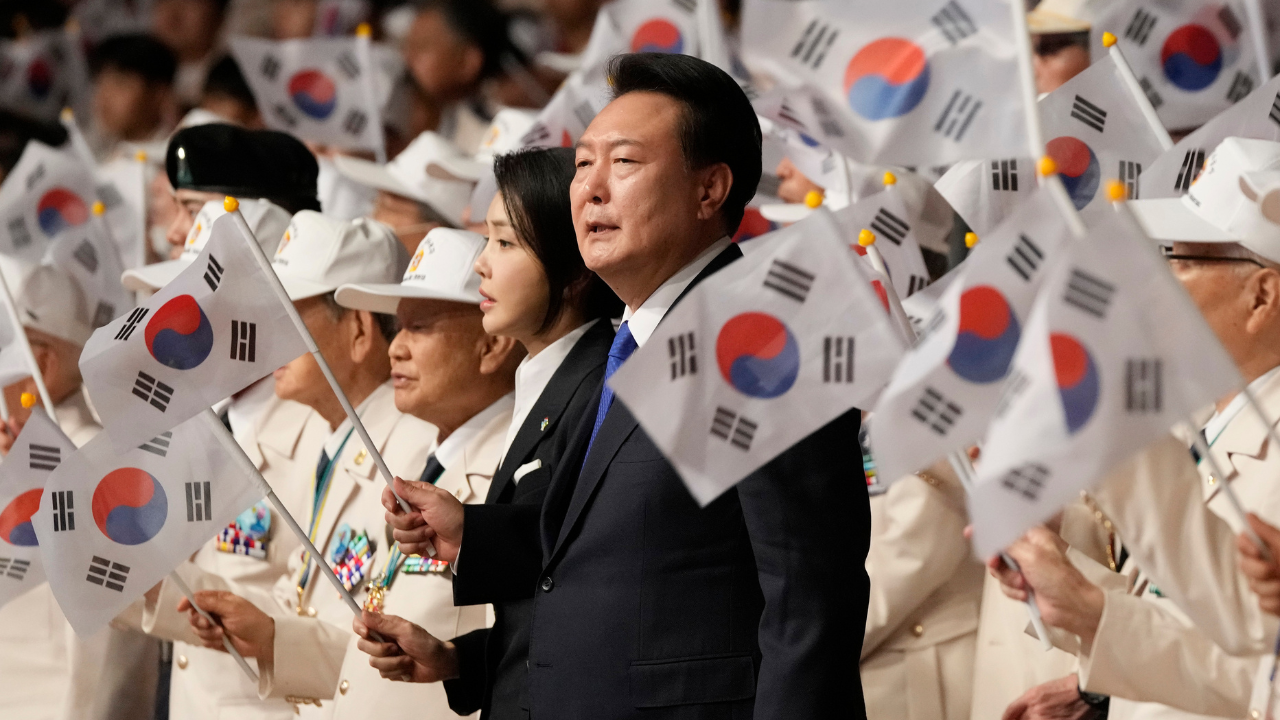South Korean lawmakers demand the lifting of martial law declared by country’s president

South Korean President Yoon Suk Yeol faced a major setback as lawmakers rejected his declaration of martial law, leading to its immediate lifting. This move came after Yoon’s vow to eliminate “anti-state” forces, which he believed were sympathizing with North Korea, posed a serious challenge to the country’s Parliament.
The decision to lift martial law was met with opposition from the speaker of Parliament and even the leader of Yoon’s own party, Han Dong-hoon. The tensions escalated as people gathered outside the Parliament building, demanding the withdrawal of emergency martial law and engaging in scuffles with troops. Under South Korean law, the president is required to lift martial law if demanded by Parliament with a majority vote.
All 190 lawmakers who participated in the vote supported the lifting of martial law, leading to the departure of soldiers stationed at Parliament. The U.S. government, through Defense Secretary Lloyd Austin, closely monitored the situation and maintained contact with their South Korean counterparts. Despite the unrest, there were no reported changes to the force posture of the 28,500 U.S. service members stationed in South Korea.
In a late-night address broadcast live on YTN, Yoon defended his decision to declare martial law, citing the need to protect South Korean freedoms and the constitutional order. He accused opposition parties of hijacking the parliamentary process and throwing the country into crisis. Yoon emphasized that martial law was necessary to eradicate pro-North Korean anti-state forces and safeguard the country from national ruin.
Yoon’s move to declare martial law drew parallels to an authoritarian era not seen since the 1980s. The liberal Democratic Party, which has controlled the National Assembly since Yoon took office in 2022, has consistently opposed the president’s agenda, leading to low approval ratings for Yoon.
In conclusion, the rejection of martial law by lawmakers reflects the ongoing political tensions in South Korea. Yoon’s efforts to address internal challenges and external threats have sparked controversy and division within the country. The future implications of this political turmoil remain uncertain as South Korea navigates through a period of uncertainty and unrest.




